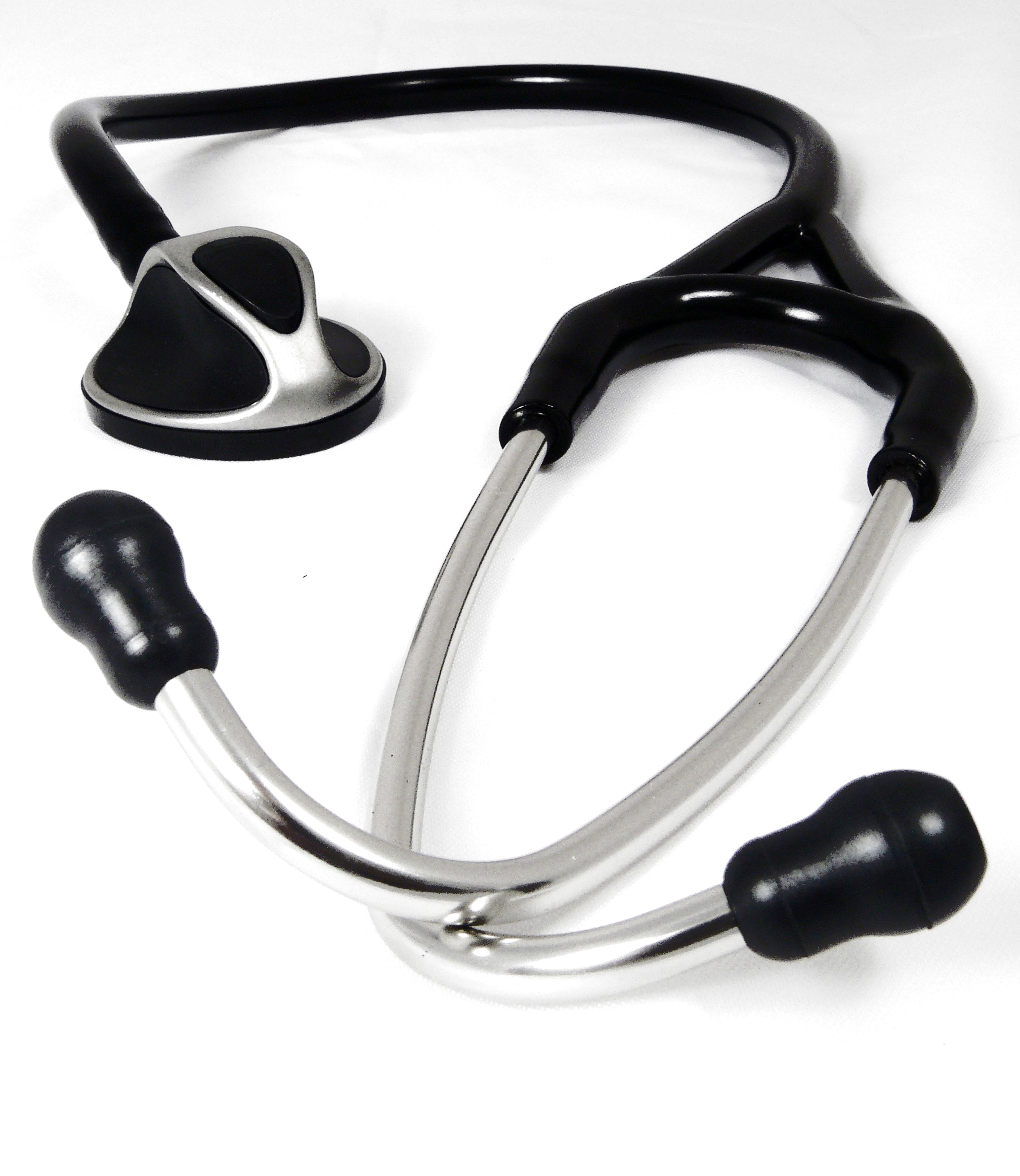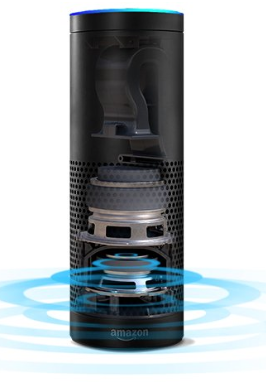All my health info accessible through Amazon's Alexa? I’d Echo that.
Robin Christopherson | 17 Feb 2017Communicating with the NHS can often be frustrating, slow and paperwork heavy. Now, new NHS standards and guidelines on making our health information more accessible could usher in a new era of choice. The NHS is currently reviewing the new NHS Accessible Information Standard (AIS) which it introduced last summer, to assess its impact and ensure that the guidelines are ‘fit for purpose'.
If you prefer to receive your information by text, by email or by chatting with your favourite virtual assistant, come and discuss it at our event later this month. We want you to be part of the process.
Giving NHS patient communications a boost
Many disabled people find communicating with their doctor, dentist and other NHS professional difficult, frustrating or at times impossible. People have a wide range of different needs when it comes to their preferred format for communication - for some it might be email, text, audio or even Braille. In the past there hasn’t always been the choice that people need.
AbilityNet is bringing together experts and hosting a workshop in central London on Monday 28 February to consider the role that digital technology plays in the newly published NHS Accessible Information Standard which will kick-start a transformation in NHS communications and help people receive information in a format that suits them.
Speaking out for the future of NHS communication
Do you feel that you’ve something to say on shaping the way that people will interact with medical professionals? If so, make sure you get your voice heard and register for this free event.
I’ll be there and speaking about my preferred way of communicating with my GP or dentist – one element of which will undoubtedly involve the option of being able to talk to Alexa - a favourite virtual assistant found inside the Amazon Echo.
Among the proliferation of new digital platforms and channels of communication, the Amazon Echo stands out as being of huge potential benefit to people who want an easy, natural and intuitive way of interacting with the digital world.

The helpful healthmate in your kitchen
It's fun and easy to use. It has much of the power of a computer and the internet but without the user actually needing to own a computer or know anything about the internet. To that end, it’s perfect for older or less digitally-confident users.
I’ve recorded many quick demonstrations of just how useful the artificially-intelligent Echo is and how you can use it to tap into a world of information, as well as play amazing games on the Echo, use the Echo to keep fit and get local travel info - to touch upon a very few of the things you can do by voice without needing to touch a thing.
However, while it’s possible to keep on top of up-coming dentist or doctors appointments with the help of Alexa, wouldn’t it be infinitely more powerful if you weren’t first required to enter those appointments yourself?
Never miss an appointment again
In a more digitally-inclusive future, where all my health information is available to me in all my preferred places, my medical info would be read to me by Alexa piped directly from my GP surgery. My up-coming appointments with the doctor, dentist or specialist would be automatically entered into Alexa and I could always ask her to confirm when those appointments are if I needed reassuring. And of course she would pipe up and remind me to make sure I never missed a single visit.
And what about adding in the expertise of an automated NHS Direct ‘111’ service into Alexa’s AI armoury? In the natural conversational style that Alexa has, you could discuss your health issues with her, without needing to tell a human those embarrassing details.
If the result of the exchange was a recommendation that you seek medical help, then your doctor can be instantly informed with a simple spoken agreement from you. OK – so this might be a little further off (although all the technology is here today), but for now let’s at least smarten up our communications with those human professionals who have our health at heart.
More information
- Book your place for the NHS accessible standard event on 28 Jan 2017
Come and join experts from the NHS and other organisations to have your say. We will be co-producing a White paper from the event to help inform the NHS England’s AIS review. - For fun and useful things to do with your Echo subscribe to Robin’s podcast on iTunes
- These Echo demos also feature in the RNIB’s weekly Tech Talk podcast



